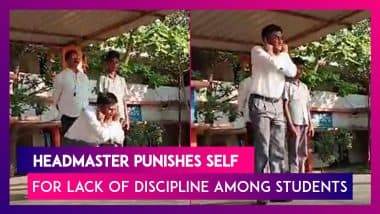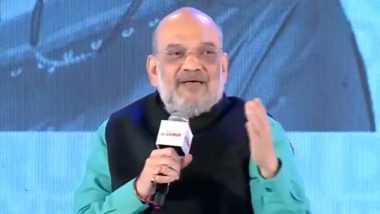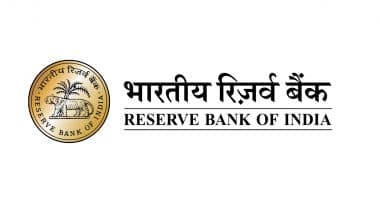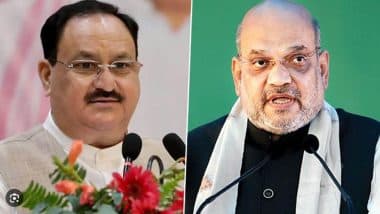New Delhi, March 15: Union Home Minister Amit Shah has said that Pakistan occupied Kashmir (PoK) is part of India and Hindus and Muslims living there also belong to India. "Pakistan occupied Kashmir (PoK) is part of India. Wahan ke Muslims bhi hamare hain, wahan ke Hindus bhi hamare hain (Muslims residing there are our own, Hindus residing there are our own)," Amit Shah said while answering a query at the India Today Conclave 2024.
He responded to queries concerning the Citizenship Amendment Act and the notification of rules for its implementation earlier this week by the Modi government. He accused the opposition parties of misleading the Muslim community and said there is no provision in CAA to take away citizenship. ‘PM Narendra Modi Delivered on Another Commitment’: Home Minister Amit Shah After Centre Notifies CAA Rules.
He said the law provides citizenship to those covered in its ambit and said that members of minority communities in Pakistan who were feeling persecuted were assured at the time of partition that they could later come to India. Shah said it was unfortunate that the country witnessed a religion-based partition in 1947.
"At the time of independence, there were 23 per cent Hindus in Pakistan. Today, there are 2.7 per cent. Where did they go? What happened to them?" he asked. Noting that there had been religious conversions in the neighbouring country, he said some families whose women faced injustice and who suffered atrocities also took refuge in India. Union Home Minister Amit Shah Launches National Cooperative Database in Delhi, Says ‘It Is PM Modi’s Character To Take Bold Decisions’ (Watch Video).
"Why should we not give them citizenship?" he asked. The CAA rules, notified by the central government on March 11, entail conferring Indian citizenship to persecuted non-Muslim migrants - Hindus, Sikhs, Jains, Buddhists, Parsis, and Christians - who migrated from Bangladesh, Pakistan, and Afghanistan and arrived in India before December 31, 2014.
The Citizenship Amendment Bill was passed by Parliament in December 2019. Answering a query on 'One Nation, One Election', Amit Shah said the date of its implementation will be decided by Parliament. He said the move is aimed at curbing expenditure on elections and see that pace of development is not affected due to frequent elections. "There be ease in policy-making....People can also focus on making their families prosperous," he said.













 Quickly
Quickly





















